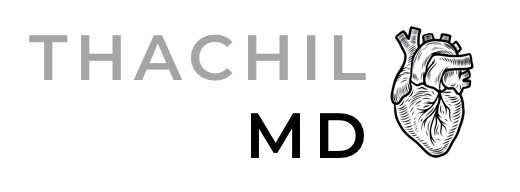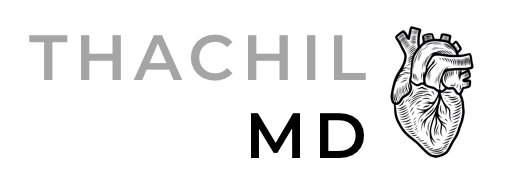Cultivating Resilience
Resilience: the ability to persist through obstacles, and to “rebound”.
Is it a trait that is intrinsic and immutable?
Or a muscle that we can strengthen over time?
Perhaps a bit of both.
These past two years have undoubtedly been a test of our individual and collective resilience, both as a health care system and as a society. At this point, we may be feeling burned out from serving in a pandemic that seems to be ongoing and evolving, and simultaneously yearning for our stable, more predictable pre-pandemic lifestyles.
Resilience is likely multifactorial, with influences from both nature and nurture. Intrinsic attributes such as personality and genetics certainly seem to contribute; some individuals seem to be born with substantial quantities of natural resilience, unfazed by obstacles, failures and uncertainty. However, there is also literature to suggest that there are external factors and intentional behaviors that can help develop our “individual resilience”.
These may include:
● Developing problem solving skills
● Adopting a constructive/growth mindset
● Looking to resilient role models
● Finding meaning/purpose in the work at hand
In fact, resilience may, in part, be a function of being presented with the challenging environment itself. In a way, physicians have already cultivated some degree of this adaptive resilience as a result of years of vigorous training. One Mayo Clinic study from 2020 discovered that physicians exhibit higher levels of resilience compared with the general working population of the United States.
The study also found an inverse relationship between burnout and resilience. Burnout is a complex, multifaceted phenomenon and it is not necessarily related to an individual resilience deficit. However, engaging in behaviors to strengthen our individual resilience could function as “psychological PPE”.
While structured resilience programs do exist, it is more than likely a very individualized process, as we all experience obstacles, stress, and challenges differently. Personally, these are a few strategies that have helped me cultivate resilience these past few years:
Finding a Battle Buddy (or buddies). This support system concept is borrowed from the U.S. Army; in traditional warfare/battle, a soldier is assigned a “battle buddy” to provide peer support. It has been shown to increase morale and decrease stress.
In hospital-based battle buddy programs, peers are usually matched by a third party based on roles, clinical responsibilities, seniority, age, demographics, and personal preferences. The two individuals are usually not close friends. The idea is to foster a two-way relationship involving listening, empathizing, identifying stressors, providing objective feedback, and providing emotional support. There can be an exchange of adaptive and coping mechanisms for navigating stress and difficult situations. Notably, the battle buddy can support resilience, and encourage an individual to seek additional help if necessary.
2. Taking care of me. As healthcare workers, we are wired to care for others; we often experience guilt for tending to ourselves. The two are not mutually exclusive; it is not selfish to take care of ourselves. Dedicate time regularly to meditation, exercise, journaling, and getting adequate sleep. Focused only on your circle of control, and tap into self-compassion and gratitude to refocus in moments of stress and fear.
3. Building community. Though in person interactions were often not possible or severely limited, this was an opportunity to build and rediscover friendships and professional/social groups virtually. I reached out to physicians I hadn’t seen or heard from since college, medical school, and training. Even if a multi-year hiatus had occurred in the relationship, I discovered that people were touched by a simple text message asking “how are you holding up?” or “are you doing okay?”. There was an indescribable sense of shared uncertainty and camaraderie.
Thanks to the digital age, social media and online platforms are an accessible way to cultivate new relationships and have open discourse regarding the struggles of being a frontliner. This grew into an unexpected new community and source of support.
As we continue to navigate these difficult and uncertain times (while hoping for a brighter new year and beyond), perhaps resilience is a tool that we can continue to sharpen.



